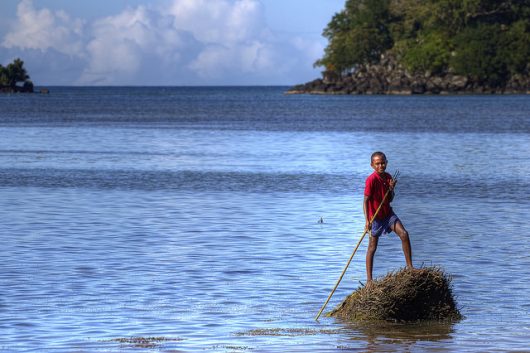Human Rights in Fiji

The island nation of Fiji is considered to be one of the most developed economies in the Pacific. The celestial archipelago is rich in resources such as minerals, fishes and forests that contribute to the flourishing economy. Fiji also is home to an array of cultures that add to the unique feel of the country. Despite its level of development, there are still human rights in Fiji that are being violated and that need to be addressed.
Some human rights in Fiji that are not up to par include violence against women and prison overcrowding. Although in comparison to other countries Fiji has higher standards, these issue are still a problem.
Prison overcrowding results in human rights violations due to a lack of sanitation and infrastructure. One prison in particular had 1,423 inmates when the capacity was set at 1,000. This causes problems because there are only so many cells and beds, which leads to prisoners being cramped in small spaces. Furthermore, it is not uncommon for officers to rape detainees, particularly the female ones.
One of the most prominent human rights violations is violence and discrimination against women. Despite stringent domestic violence and rape laws, perpetrators are often not brought to justice. For instance, there is a “no drop” policy for domestic violence cases that states that under no circumstance can the case be put away.
However, many women’s rights organizations have brought light to the fact that the police are not always consistent with this policy. Moreover, courts often either dismiss or give the minimum sentence in these cases even if they go to trial. Cases involving violence against women are often taken very lightly by the courts. Some even release the offender without a conviction on the basis that they do not repeat the crime.
Regardless of the situation, progress has been made to educate and support women, especially in rural areas. There are currently four women’s centers available that offer counseling. Also, 43 percent of women of reproductive age are employing modern contraceptives as of 2015. These contraceptives are offered for free at public hospitals and clinics, increasing their usage.
Although rural areas still have plenty of advancements to make in the upcoming years, Fiji is on the right path towards modernization and equality for women.
– Tanvi Wattal
Photo: Flickr
